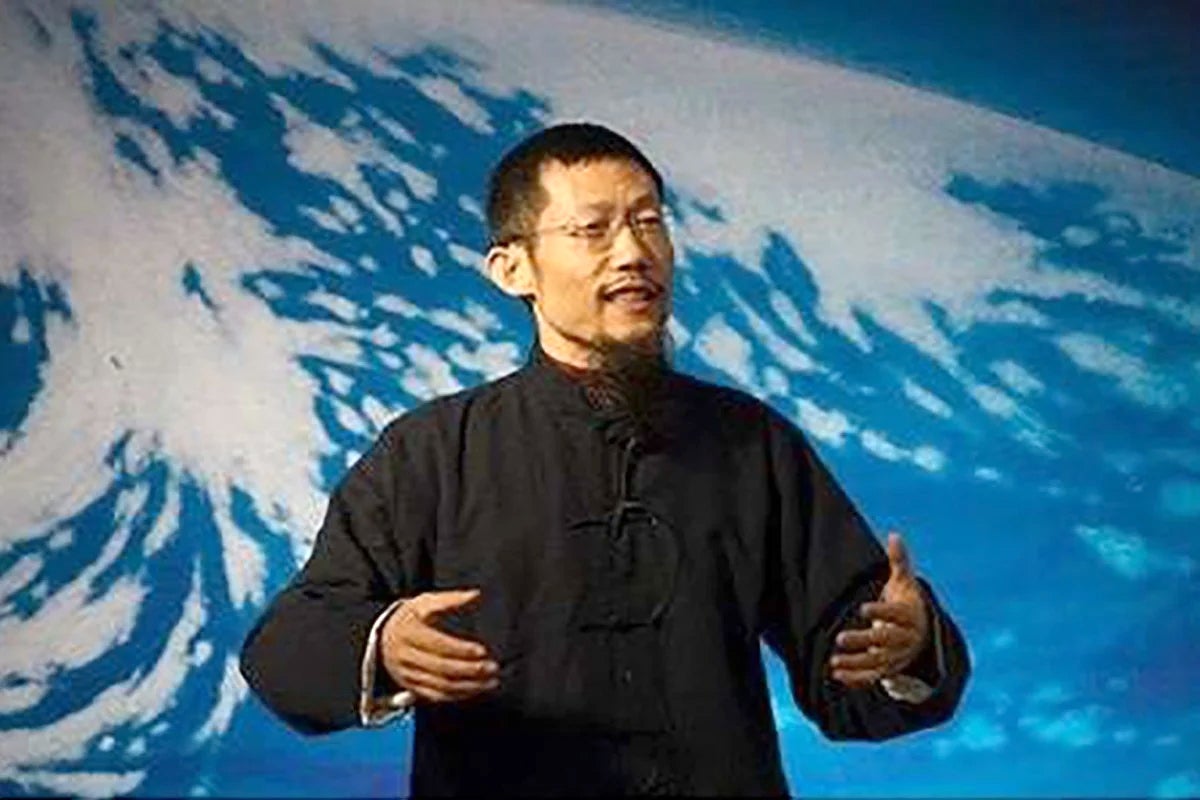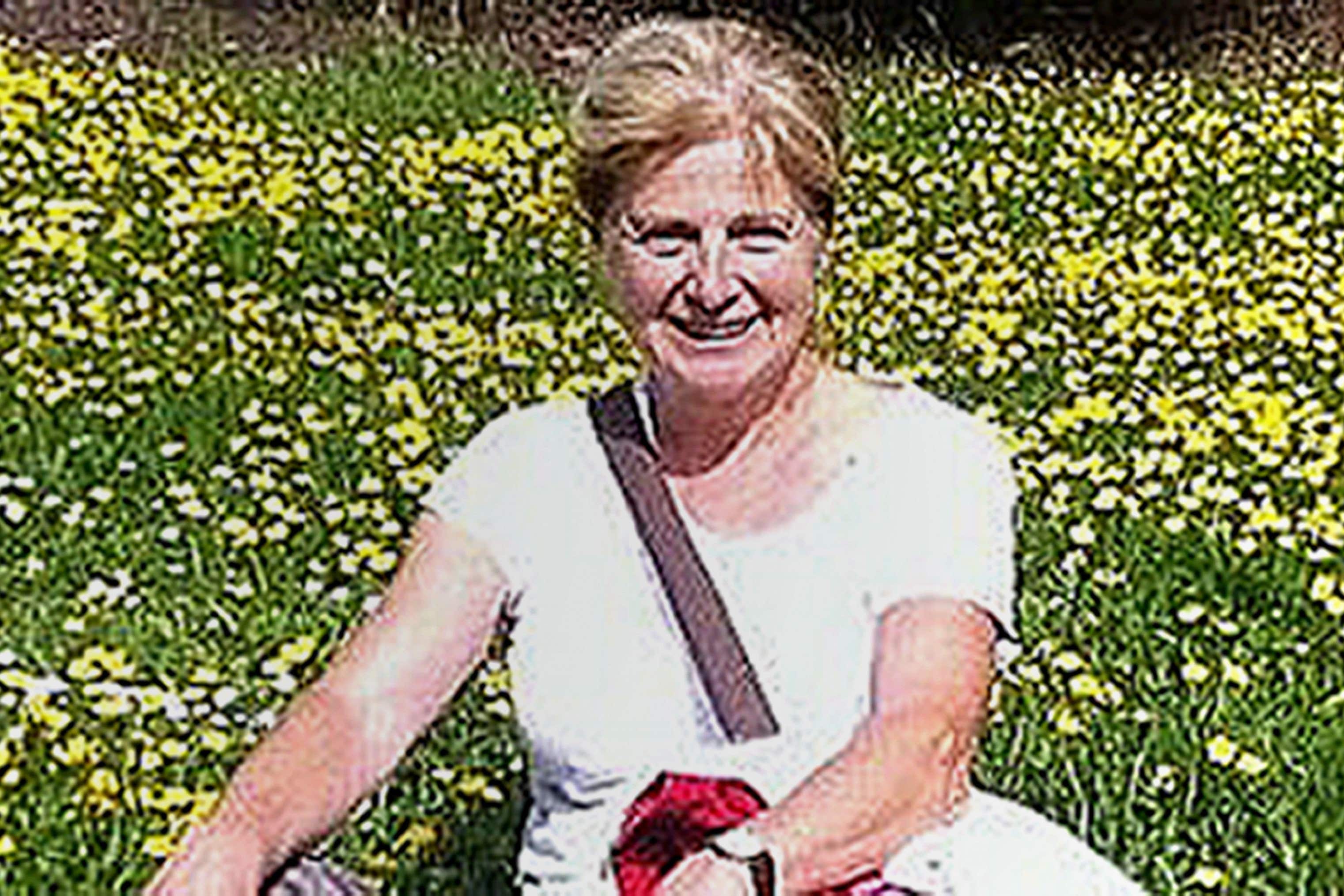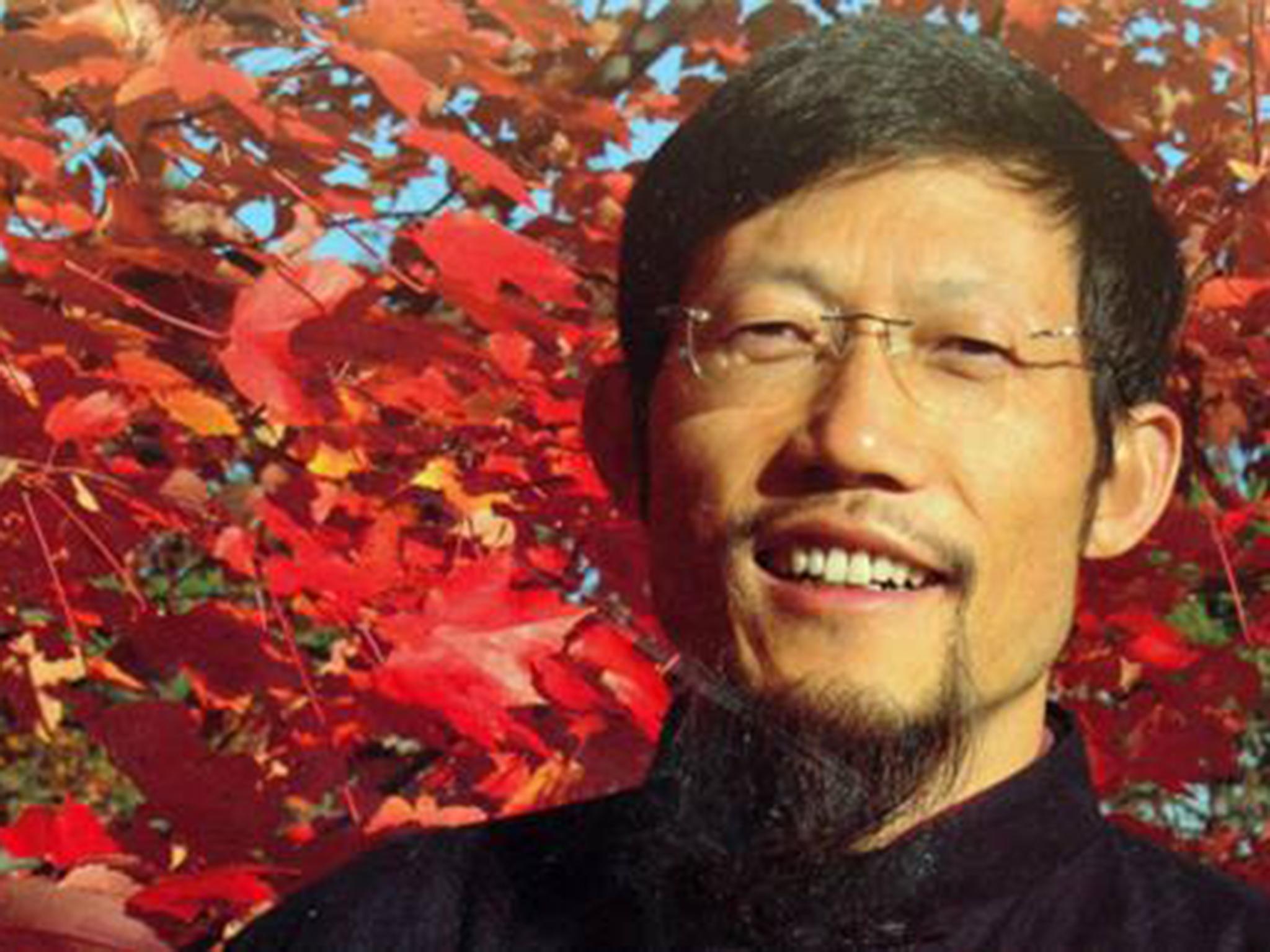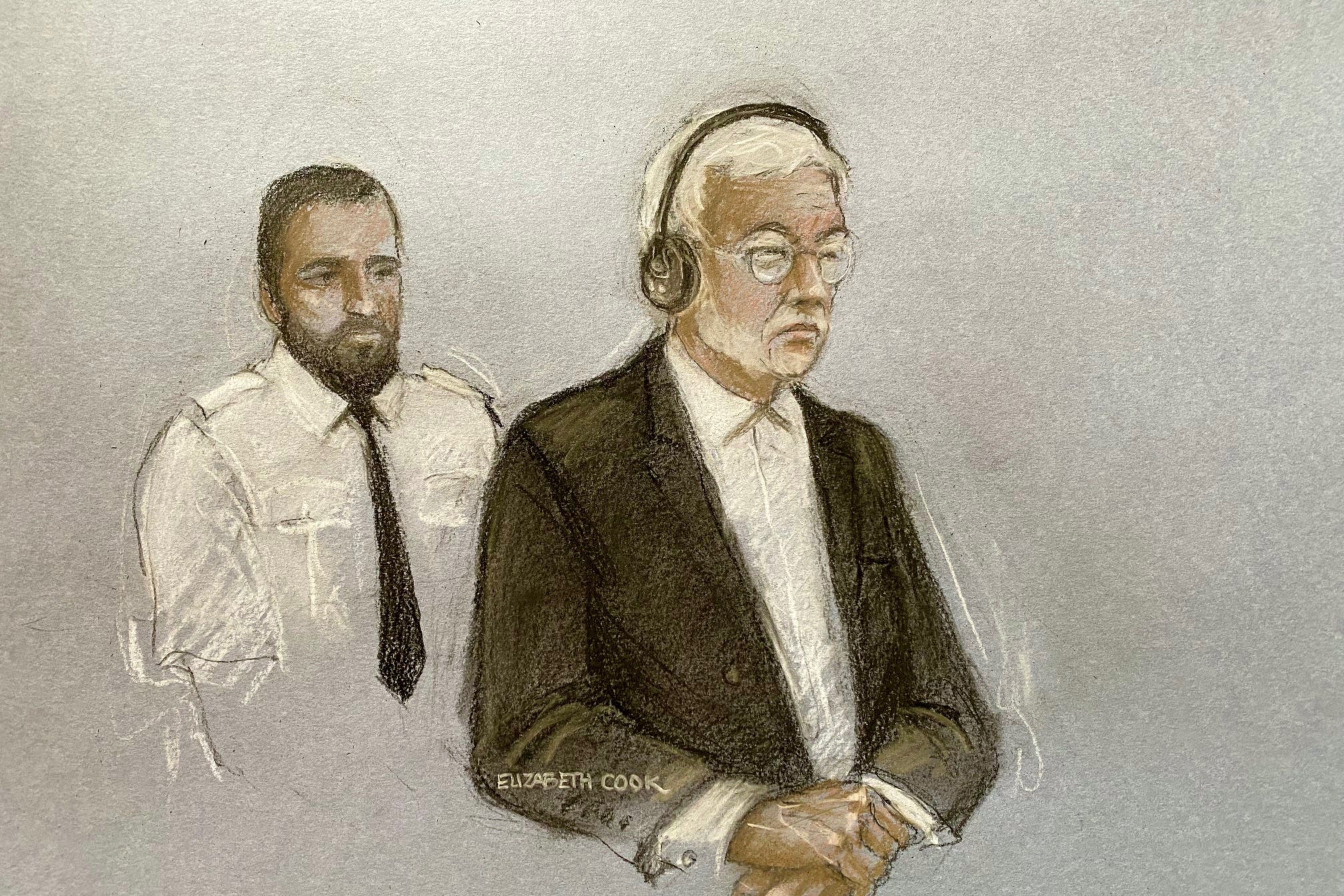What is slapping therapy?
Advocates of paida lajin, or slapping therapy, believe it can release toxins from the blood

An alternative healer has been found guilty of killing a 71-year-old woman after she stopped taking her insulin with the hope his slapping therapy would “heal me entirely”.
Xiao Hongchi, 61, was described as “Master Xiao” in the programme for his workshop involving paida lajin therapy, in which patients are slapped, or slap themselves, repeatedly.
Following a trial at Winchester Crown Court, the 61-year-old was convicted on Friday of the manslaughter by gross negligence of Danielle Carr-Gomm, 71, who died after taking part in the event at Cleeve House in Seend, Wiltshire, in October 2016.
The court previously heard how Xiao, of Cloudbreak, California, in the US, said “well done” to Mrs Carr-Gomm, from Lewes, East Sussex, after she told the group she had stopped taking her insulin at the week-long retreat. Prosecutors had said Xiao failed to seek medical help for her as she became seriously ill.
A chef at the retreat, Teresa Hayes, told jurors she heard “slapping noises, crying, yelling and just very loud painful noises like howling” when she walked past Mrs Carr-Gomm’s room in the hours before she died on 20 October. “The slapping noises sounded the same as the Paida slapping method that the attendees had been taking part in the entire time,” she said.

What is slapping therapy
Paida lajin is described as a self-healing philosophy that involves the patient being slapped or slapping themselves repeatedly in the belief that it releases toxins from the blood.
The therapy has roots in traditional Chinese medicine, although critics say it has no scientific basis. Paida involves patting ("pai" in Chinese) and slapping ("da") one’s skin, while lajin involves assuming various postures to stretch one’s muscles.
A video of one of Xiao’s workshops, recorded in Malaysia, shows people taking part in the therapy, forcefully slapping different parts of their body, particularly joint areas and the head, until their skin turns red or begins to look bruised.
Scores of participants slap themselves with enough force that the noise can be easily heard on the audio of the clip. Some can then be seen doing various stretches while lying down on tables or on the floor.
Others, meanwhile, are taken on to a stage from which Xiao addresses the room to be slapped by others present at the session.
Xiao is a US national originally from China who runs the California-based Pailala Institute and has led workshops across the world.

The Pailala Institute is a non-profit organisation managed by a team of non-paying volunteers to promote and support the self-healing practice of Paida Lajin, led by Xiao, according to its website.
“Our mission is to transform our world into a healthier place, by enabling every one of us to awaken our self-healing power, we were born with, to heal ourselves, reducing medical cost and its related potential side effects,” it adds.
Xiao has also written books about the practice, which include picture illustrations showing people how to conduct the therapy. His first book, The World of Medicine: The Paida Lajin Self-Healing Method, published in 2009, made Xiao famous and his workshops became popular in across China Hong Kong, Taiwan, Malaysia and Singapore. He has also held clinics in India, the US, Germany.
However, Xiao has come under heavy criticism from experts who have refuted his claims that paida lajin can cure a wide range of conditions including olds, body pains, Alzheimer’s, strokes, paralysis, kidney failure and even cancer and autism.
Paida and lajin are linked to a concept in traditional Chinese medicine known as "sha", which is the belief that blood can be "poisoned" by toxins and therefore needs to be expelled from the body.
Advocates of the therapy believe paida and lajin can improve blood circulation and therefore draw out "sha". According to Mr Xiao’s doctrine, when “sha” appears this is an indication of "latent diseases".

Critics, however, say that slapping therapy results in nothing more than broken blood vessels and bruised skin.
Mr Xiao has repeatedly talked about the "slapping therapy" in interviews and videos posted on the internet.
According to the Sydney Morning Herald, in a 2014 radio interview with Australian broadcaster ABC he insisted he was not a "master". "I’m not a doctor, I’m not a healer. I just teach you a way. You learn and do it yourself," he said.
The court heard that, on the day before she died, other participants interpreted Mrs Carr-Gomm’s condition as a “healing crisis” – a term used by the defendant as the process of the Paida Lajin taking effect.
Duncan Atkinson KC, prosecuting, told the jury that Xiao had written a book on Paida Lajin in which he stated that “doctors are brainwashed by drug producers to act as salespersons for their drugs”.
In the book My Health, I Manage! E-Dao Paida And Lajin Self-Healing he states that the practice should be “safer and more reliable than existing healing practices … with no risk of poisoning or side effects” and that “it should be effective on almost all diseases”.